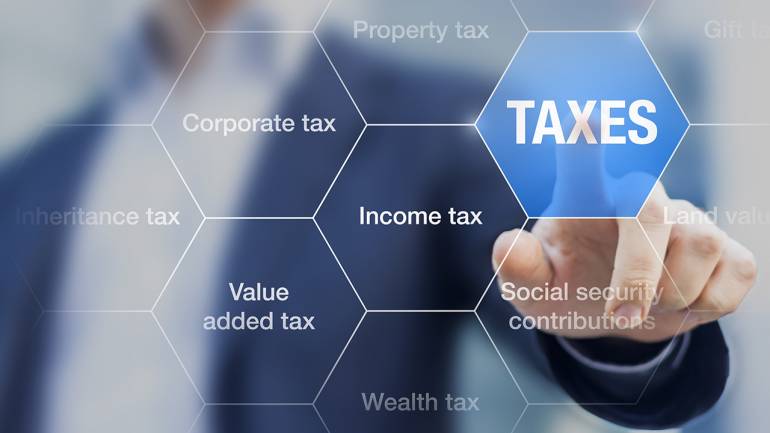Faceless tax assessment can lead to mistakes: Madras HC
YOU ARE HERE: HomeNewsBusinessEconomy Last Updated : Feb 19, 2020 03:35 PM IST | Source: Moneycontrol.com
Faceless tax assessment can lead to mistakes: Madras HC
The observations were made while the court reviewed a writ petition filed by a Coimbatore-based Salem Sree Ramavilas Chit Company against certain additions made by an assessing officer.
Moneycontrol News@moneycontrolcom

Representative image
Faceless tax assessment can lead to errors, the Madras High Court noted in an order.
The system “can lead to erroneous assessment, if officers are not able to understand the transactions and statement of accounts of an assessee without a personal hearing,” the court said as quoted in a report by The Economic Times.
The court also praised the electronic tax assessment system, the report said.CLOSE
The Finance Ministry introduced the faceless tax assessment system in October 2019. Under this system, 58,322 cases have been selected 48,000 people have been sent digitally-signed notices.
RELATED NEWS
- Tax on PF contributions to hurt retirement savings of high-income earners
- NRIs: Three changes to tax rules that decide residential status
- Equity MFs versus ULIPs: Which investment is better after the Budget?
The observations were made while the court reviewed a writ petition filed by a Coimbatore-based Salem Sree Ramavilas Chit Company against certain additions made by an assessing officer.
The tax authorities had made the additions while assessing the chit fund’s cash deposits worth Rs 67.37 lakh made during demonetisation.
The assessing officer should have sought a written explanation from the assessee before declaring the cash deposits as unusual, the judge said, as quoted by the paper.“Since the assessment proceedings no longer involve human interaction and is based on records alone, the assessment proceeding should have commenced much earlier so that before passing assessment order, the respondent assessing officer could have come to a definite conclusion on facts after fully understanding the nature of business of the petitioner,” the court said in the order.


